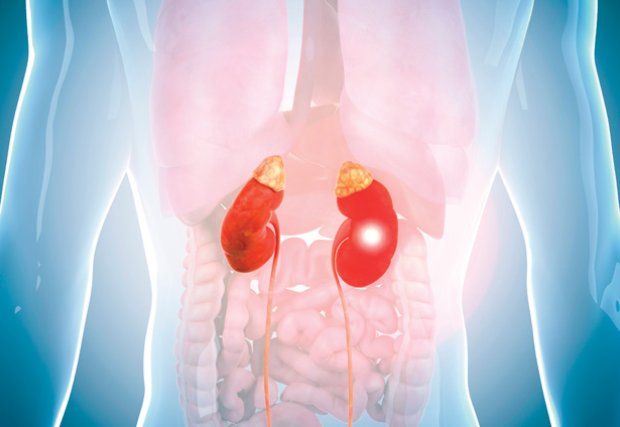Dealing with certain urologic conditions can have a big impact on your health and quality of life. If you have concerns, it’s important to know that effective treatments are available. Board-certified urologist James Colvert III, MD, has been in practice for more than 14 years in Enid. Here, he addresses questions patients may have.
Q. What are kidney stones?
Kidney stones are hard deposits that can form inside your kidneys. Sometimes they may go unnoticed without symptoms; but problems can occur if they cause an obstruction, leading to severe pain in the back and side, sometimes moving into the lower abdomen and groin. If you experience these signs, go to the nearest emergency room right away. Doctors can determine if you have a kidney stone or another condition, such as appendicitis or a gall bladder issue, which can sometimes have similar symptoms.
Q. How are kidney stones treated?
It depends on where the stone is located. For those down low in the ureter, a scope may be inserted into the bladder and the stones may be broken up with a laser. In other cases, patients may be treated with extracorporeal shock wave lithotripsy, which uses shock waves to break the stone into small pieces. For larger stones, a minimally invasive procedure called percutaneous nephrolithotomy may be performed through a small incision in the back.
Q. What other conditions can affect men and women?
For men, a common condition is prostate enlargement that may cause bladder outlet obstruction and other symptoms, such as urgency and frequency going at night. For many patients with this condition, a five-minute outpatient UroLift® procedure can be an effective treatment. Among women, common urologic issues include stress incontinence and overactive bladder. A number of treatment options are available.
What should men know about prostate cancer screening?
Screening can help to detect cancer earlier, when treatment is more effective. According to the American Urological Association, men between the ages of 55 and 69 benefit the most from screening. Men younger than 55 with a positive family history or who are African American may be recommended for earlier screening. After 69, recommendations are based on a patient’s overall health. Talk with your doctor about what is best for you.
For help finding a doctor, call 580-249-3741 or search our physician directory >


